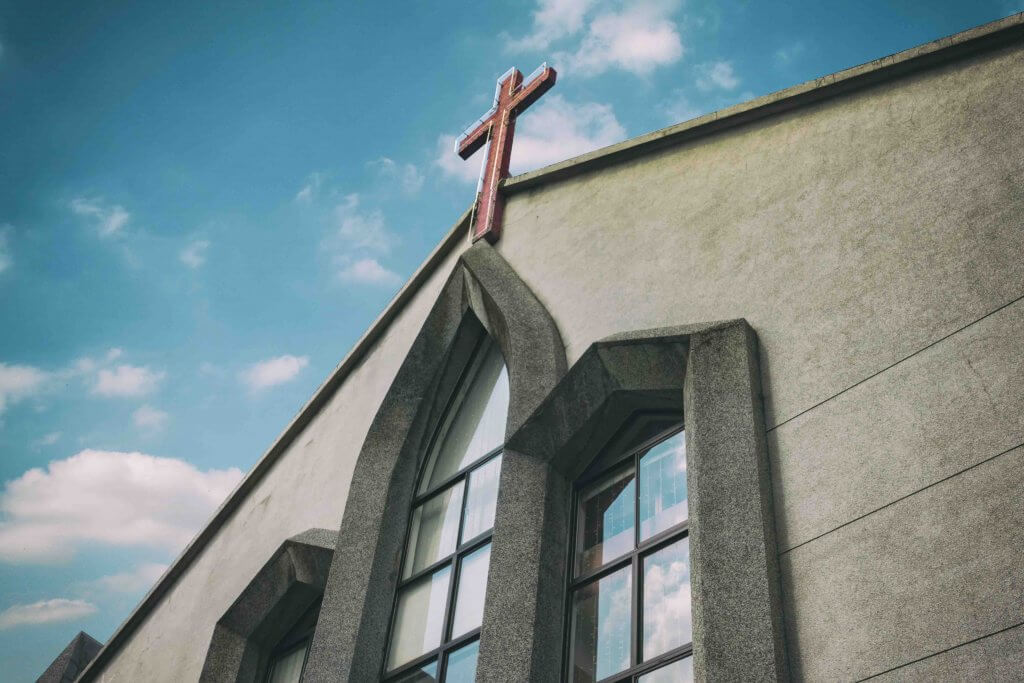Supreme Court Rules in Favor of Religious Challenge Against New York COVID-19 Restrictions
December 18th, 2020

The United States Supreme Court recently overruled COVID-19 restrictions established by New York legislators that were designed to combat the coronavirus, finding the restrictions to be unconstitutional. The 5-to-4 vote was the first to address COVID-19 restrictions after the loss of the late Justice Ruth Bader Ginsburg this fall and the installment of the new conservative Justice Amy Coney Barrett. Barrett played a decisive role in that even with Chief Justice Roberts joining the liberals in dissent, as he did the previous time such a case came before the high court, there are now only three liberals so the conservatives were still in the 5-4 majority. In an unsigned opinion, the majority argued that Governor Cuomo’s COVID-19 restrictions violated the First Amendment’s protections regarding the free exercise of religion. In a concurring opinion, Justice Gorsuch argued that Governor Cuomo treated secular non-religious activities like bike shops and liquor stores in a manner that was more favorable than religious ones.
The court’s ruling contrasts strongly with cases from earlier in the pandemic involving California and Nevada churches. These previous cases held that state governors were permitted to pass regulations restricting attendance at religious services. Since these rulings, a liberal justice was replaced with a conservative justice. The vote in these earlier cases was also 5-4, but in the opposing direction.
How the COVID-19 Restrictions Case Arose
The court’s decision was in response to two lawsuits. One lawsuit was filed by the Roman Catholic Diocese in Brooklyn, while the other was filed by two synagogues and two individuals. Each lawsuit argued that Governor Cuomo’s COVID-19 restrictions violated constitutional protections for the free exercise of religion and singled out religious groups for more stringent restrictions.
Governor Cuomo’s COVID-19 response plan has labeled “red zones” where COVID-19 is the highest. In red zones, no more than 10 individuals are permitted to attend religious services. In less dangerous orange zones, attendance is restricted to 25 people. These restrictions apply to many organizations, including churches who can potentially seat thousands of people.
Attorneys for the diocese questioned the nature of recent modifications to COVID-19 restrictions and urged the court to decide the case despite recent revisions. These lawyers also argued that Governor Cuomo should not be permitted to “feign retreat” or attempt to modify restrictions to avoid argument when he retains the sole discretion to reimpose restrictions whenever he desires to do so.
Dissents to the Majority Opinion
Not all Justices supported the houses of worship’s arguments in this case. In one dissenting opinion, Chief Justice Roberts argued that the court had acted impulsively. Roberts noted that capacity limits might be viewed as unduly restrictive, but the question about the nature of these limits is not before the court. Roberts also noted that while the governor might reinstate the restrictions, he might also not do so. If the Governor later reinstates harsher restrictions, Chief Justice Roberts argues the court could consider the issue then.
In a second dissent by Justice Sotomayor and joined by Justice Kagan, the two Justices argued that Governor Cuomo’s restrictions were sensible and that: “Justices of this Court play a deadly game in second guessing the expert judgment of health officials about the environments in which a contagious virus, now infecting a million Americans each week, spreads most easily.”
Tracking the Development of Religious Rights
The COVID-19 pandemic and subsequent efforts to limit the spread of the illness have resulted in many questions about the ability of legislation to influence religious rights. While religious rights have long been recognized in the United States, these issues have questioned the extent of these rights. Each week the Universal Life Church’s blog focuses on documenting the most noteworthy of these cases. We strive to do so in a way that objectively examines both sides.


